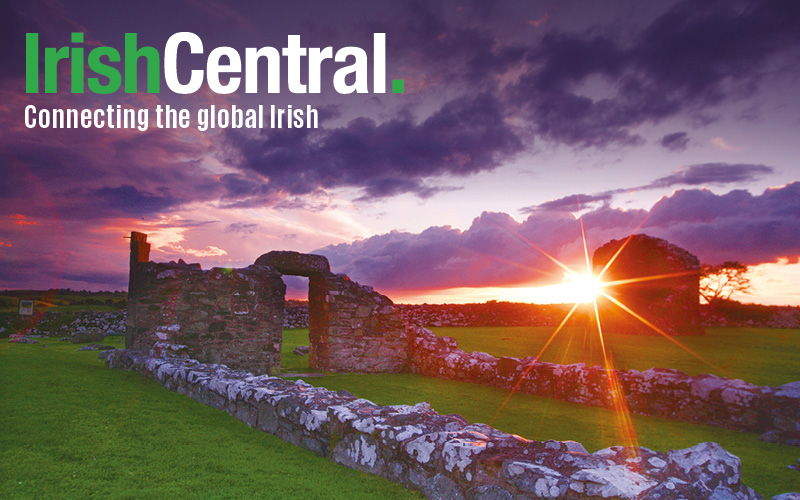Max Kellerman of ESPN says Notre Dame should be abandon their Fighting Irish nickname because it's "offensive." Max Kellerman is a dope. "Fighting Irish" is NOT offensive, but his arrogance pronouncing on it is. So Kellerman is an arrogant dope, one who knows nothing of the history of the name "Fighting Irish."
The name "Fighting Irish" is not only not offensive, but an honor, one Notre Dame has to live up to. Notre Dame was, is and must remain the "Fighting Irish."
Kellerman's ridiculous comments were triggered by the Cleveland Indians' decision to abandon Chief Wahoo. The Indians can do what they like, but there is no analogy between Chief Wahoo and the name "Fighting Irish."
This nonsense about the Fighting Irish was last raised when there was a lot of hoopla lately about the Washington Redskins' name. Again, nothing about the Redskins is in any way analogous to the Fighting Irish. Nothing.
As far as I'm aware there were no Native Americans involved in naming the 'Redskins.' And that is where the difference is with the name "Fighting Irish."
The name goes back to the Civil War, when it was used to describe the Irish Brigade. The name "Fighting Irish" had nothing to do with drinking or loutishness. It was a compliment, one that said, "These men are resolute, bold, courageous ... admirable. We're glad they're on our side." That was BIG for the Irish in America at that time.
One of those Fighting Irish was Father William Corby, chaplain to the Irish Brigade. Fr Corby, who was recommended for a Medal of Honor for his service during the war. He had been ordained at Notre Dame before the war and afterwards returned and later became president of the university. The fact that Corby was known as "The Fighting Chaplain" and was well known for his Irish Brigade service may be the source for the name "Fighting Irish" coming to be associated with Notre Dame. Maybe. Nobody knows.
One other theory regarding the name dates back to the early 1920s when Notre Dame was becoming a football powerhouse and, therefore, building a big reputation for itself as a Catholic institution in a state that wasn't too keen on Catholics. The KKK organized a rally in South Bend that was met by a mass of ND students who were not afraid to "fight" their enemies.
How Notre Dame became the "Fighting Irish" is lost to time, but by the 1920s the team was known as the "Fighting Irish" and their fans were more than just their students and alumni. As Paul Gallico wrote before a Notre Dame–Army game in New York during the 1920s:
This is the annual gathering of that amazing clan of self-appointed Notre Dame alumni which will whoop and rage and rant and roar through our town from sunup until long after sundown tomorrow in honor of a school to which they never went.
Those are the Subway Alumni - unique in college sports. And why? What caused this phenomenon? Why the allegiance? The name is the key: these people who never went to college, who only hoped and prayed that their children or grandchildren would have such an opportunity were loyal to the name, to the "Fighting Irish."
I suspect that if I hated Notre Dame I'd want to see the nickname changed. Not because "Fighting Irish" was an insult to the Irish, but rather because I'd think Notre Dame unworthy of such a name. The name "Fighting Irish" is one that should be spoken in reverence. Notre Dame is fortunate to have had their playing teams dubbed with so noble a moniker.
The only way I'd want to see Notre Dame change their nickname is if the university proved itself unworthy of the name. And how will I know when that day's arrived? I'll know if they don't shout down those who demand a change. That will be the moment.
If those who run Notre Dame can't muster the will, the courage, the stomach to withstand the threats of the PC bullies, if they're too lily-livered to stand up and fight for the name "Fighting Irish" I'll know, indeed we'll all know - Notre Dame is no longer worthy of its nickname.
Until that day we root for the Fighting Irish of Notre Dame. If that dark day should ever come we'll have to find a new home for the "Fighting Irish."
Go Irish. Go Fighting Irish.
A version of this article was first published in 2013.




Comments